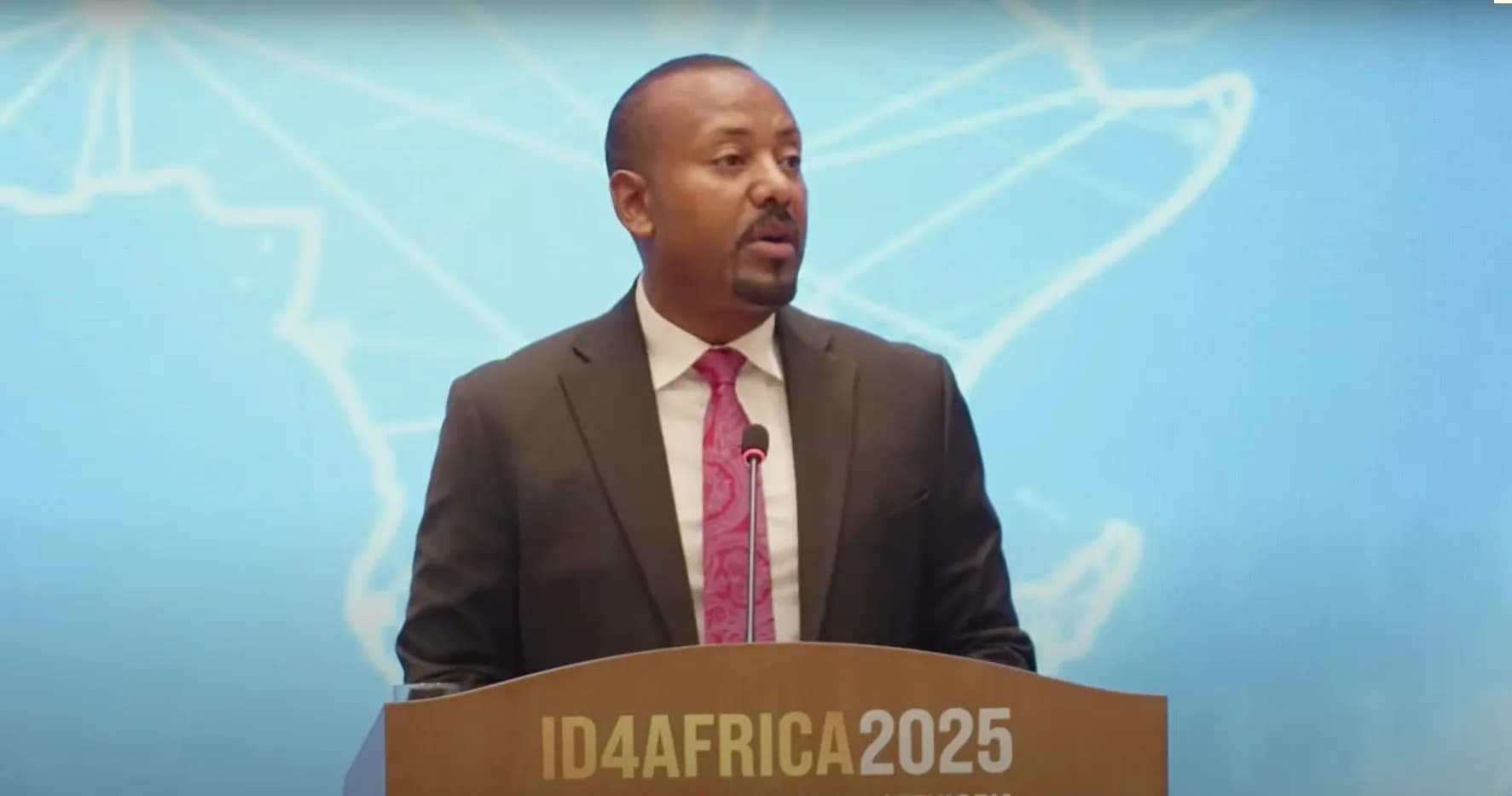Progress for 0 ad
Progress for 1 ad
Progress for 2 ad
Progress for 3 ad


Etenat Awol
Addis Ababa, Ethiopia

Ethiopia’s national digital identification program, Fayda, was the focal point at the opening of ID4Africa 2025 in Addis Ababa, a gathering that brought together over 120 exhibitors and delegates from 105 countries to advance the role of digital ID in inclusive development. Hosted at the Ethiopian Skylight Hotel, the event was jointly organized by the Prime Minister’s Office and the Ethiopian National ID Program in collaboration with ID4Africa and partners.
The conference comes as Ethiopia continues to scale its digital identity infrastructure. Over 15 million people have been registered under the Fayda system, which aims to provide a secure and inclusive identification number for all legal residents of the country. Legally established in 2023 through Proclamation No. 1284/2023, the program is designed to serve as a foundational infrastructure for digital public services, economic participation, and identity-based protections.
Dr. Joseph J. Atick (PhD), Executive Chairman of ID4Africa, emphasized the significance of Ethiopia’s leadership and the broader purpose of the gathering.
“The momentum for digital identity has never been truer. We are not merely sharing ideas—we are shaping the future of a movement that is inclusive and transformative,” he said.
Yodahe Zemichael, Executive Director of the National ID Program, reflected on the progress made since the program’s inception less than three years ago. He highlighted how Fayda has reached areas and communities once thought to be out of reach. Yodahe reaffirmed the government’s goal of achieving universal ID coverage by 2027, calling it “not just a target, but a promise.”
Prime Minister Abiy Ahmed (PhD), in his opening address, described digital identity as critical infrastructure for modern governance and equitable service delivery. “For decades, identification in Ethiopia was fragmented, serving only a portion of the population and leaving millions behind. That’s why we made the choice to build a national ID guided by the aspirations of Digital Ethiopia 2025,” he said.
“Fayda is not merely an ID, it is a digital public good, built for Ethiopians by Ethiopians. It protects privacy, sharing only essential information, and contributes to a more secure and integrated society.”
The Prime Minister further noted that legislation alone is insufficient, emphasizing that the value of Fayda must be realized through usage. He stressed the importance of building a trusted ecosystem across sectors.
Abiy, who has previously labeled the Fayda project as the second most important national initiative, cited the growth of digital transactions to reach 12.5 trillion Birr last year as a testament to Ethiopia’s rapid digitalization.
Supported by a $350 million financing package from the World Bank, the Fayda program is expanding its reach and technical capacity. The ID has already become mandatory for banking transactions in Addis Ababa as of January 2025, with national rollout expected by 2026. Integration into public procurement and financial systems is ongoing, aiming to strengthen transparency, efficiency, and economic inclusion.
The ID4Africa 2025 conference continues throughout the week, with sessions focused on interoperability, data protection, sectoral integration, and the role of digital ID in social protection, refugee inclusion, and economic development. Ethiopia's experience with Fayda is expected to inform broader conversations across the continent on how digital identity can be deployed responsibly at scale.
👏
😂
❤️
😲
😠

Etenat Awol
Etenat holds a degree in Journalism and her master's in Public Relations. Previously, she served as a university lecturer and has five years of experience in communications, media, digital marketing, and consulting.
Your Email Address Will Not Be Published. Required Fields Are Marked *